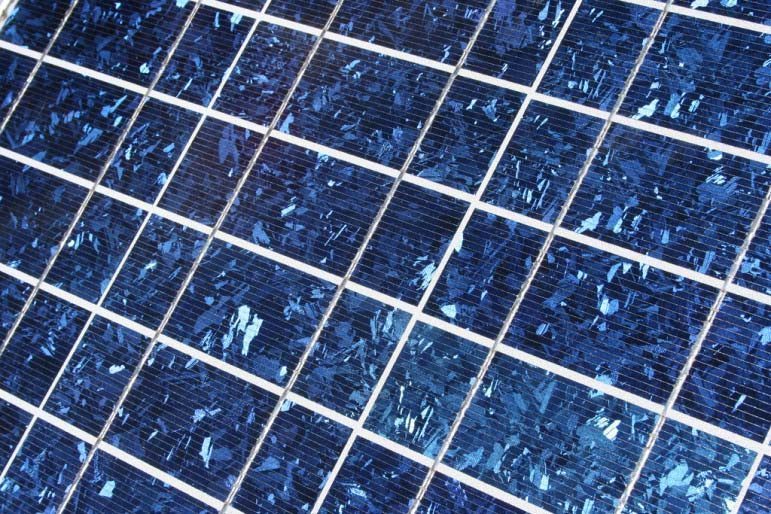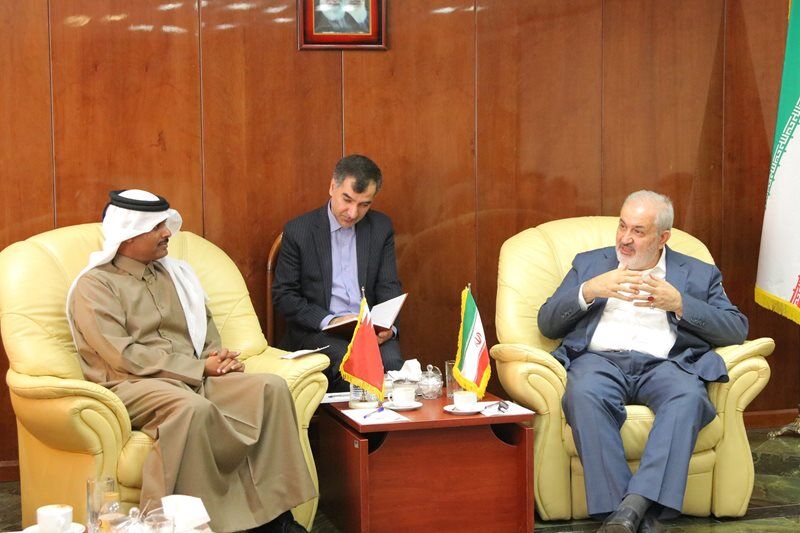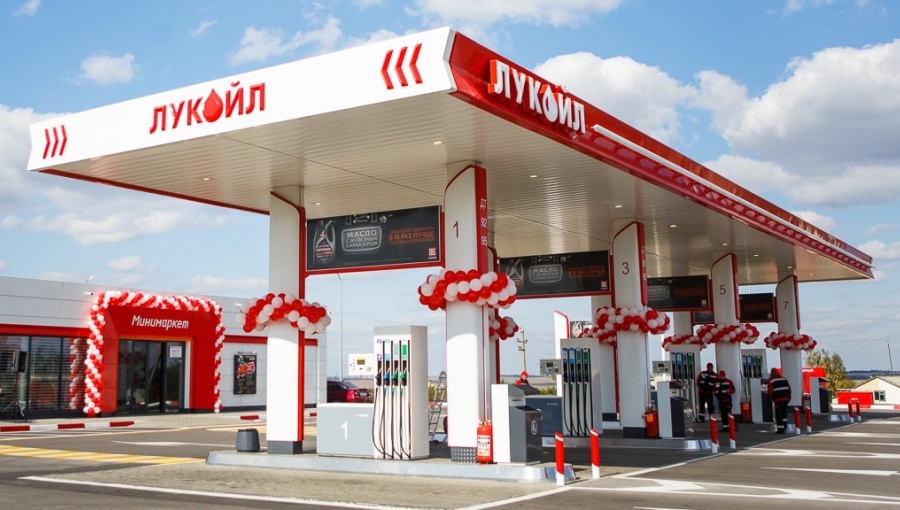
In a bid to generate more renewable energy, Qatar’s state-run electricity and water company has announced plans to install solar panels atop dozens of water reservoirs across the country.
Speaking at the opening of the Solar Qatar Summit on Monday, Saleh Hamad Al-Marri, the head of Kahramaa’s renewable energy technologies section, said that the public utility wants to install solar panels on top of more than 85 reservoirs in Qatar, one of the world’s top natural gas producers.
These facilities are used to store the country’s drinking water and typically have rooftops that are hundreds of square metres in size, Al-Marri said in a brief interview with Doha News.
This approach means Kahramaa can use property and transmission lines it already owns, saving on construction costs. He said Kahramaa is still in the planning stages, but that tenders could be issued in the next two or three months.
Qatar, which is among the highest per-capita greenhouse gas emitters on the planet, aims to have 2 percent, or 200 megawatts, of its power generated from solar sources by 2020, officials said at Monday’s conference.
Though that target has be touted as early as last December, there have been few details released about how Kahramaa plans to achieve that goal. But what is clear is that the country is taking a different approach than its regional neighbors.
‘Scattered’ model
Rather than relying on massive solar energy plants, Al-Marri said Qatar is taking advantage of the “scattered,” or decentralized, model, which involves generating electricity from a large number of relatively smaller sources, rather than a handful of mega-facilities.
That model stands in contrast to several centralized projects recently unveiled elsewhere in the region, including planned and completed projects in Saudi Arabia, Kuwait and the United Arab Emirates.
Last month, for example, Dubai flipped the switch on the region’s largest solar power plant, according to media reports. The 59-acre facility is the first phase of a larger Solar Park project that is expected to ultimately grow to 9,885 acres, Gulf Business reports.
While he didn’t hint at the price tag of the project, Al-Marri said minimizing costs is a key part of the project – especially in a country awash in natural gas, which is burned to produce the bulk of Qatar’s power.
But along with the environmental benefits and related boost to Qatar’s image, Al-Marri said there are financial advantages to adding more renewable energy capacity. He noted that Qatar’s coffers would be better off if it sold its natural gas at market rates, rather than burning it at home and selling it at a subsidized rate to consumers.
The sales pitch was echoed by several solar equipment vendors attending this week’s conference who spoke to Doha News.
Tough sell
Earlier this month, Oman’s oil and gas minister raised the issue of artificially low petrol and electricity prices in the Gulf, saying such subsidies encourage wasteful use of resources. While Al-Marri suggested in passing that Qatar “must cut its consumption” of electricity, he didn’t specifically discuss changing existing subsidies.
He did, however, hint that the country’s natural resources make shifting to other forms of – presumably more expensive – power a somewhat tough sell:
“Everybody knows Qatar is the biggest LNG exporter in the world, which makes our job a little bit difficult. Prices of electricity in Qatar are cheap relative to other countries in the region and global prices.”
Separately, several published reports also say that government officials have an additional goal of producing 20 percent of the country’s electricity from renewable sources by 2024.
While that definition could theoretically include a wide mix of clean power options, Al-Marri said solar “is the most viable” renewable power option in Qatar’s climate.
As the country prepares to increase its renewable energy generating capacity, Qatar is also scaling up its solar equipment manufacturing capabilities. Qatar Solar Tech, which is 70 per cent owned by Qatar Foundation, is constructing facilities to build solar panels and related components, as well as a solar farm on a 297-acre property in Ras Laffan Industrial City.
The project is still in its early phases, but officials said Monday that they expect to ship their first commercial order – several thousand tons of polysilicon, a base ingredient in the production of solar panels – in the second half of 2014.







